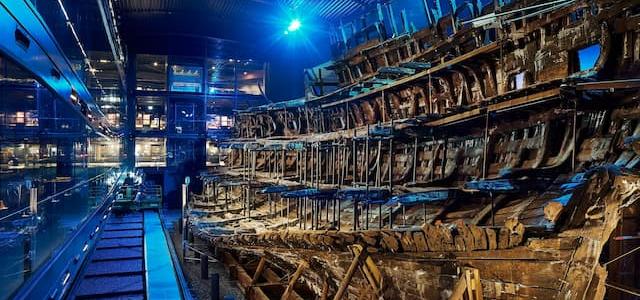
The UK National Inventory of War Memorials launched
Details of war memorials in villages, towns and cities throughout the UK have been brought together for the first time, with the support of the National Heritage Memorial Fund, to create a unique database, which was launched today (November 8).
The UK National Inventory of War Memorials tells the stories behind 45,000 of the nation’s memorials, which were erected over the past 350 years but mainly in the 20th century. They range from simple crosses and plaques in churches, schools and hospitals to gardens and commemorative buildings such as village halls. War memorials represent an important part of the local heritage of nearly every village, town and city in the country and stand as a testament to the impact of war on families and communities.
The completion of the archive, which has taken 12 years to put together, was brought forward with the help of a grant of £156,000 from the National Heritage Memorial Fund – ‘the nation’s fund of last resort’ which itself was established to commemorate those who gave their lives for their country. The UK National Inventory of War Memorials will prove invaluable to researchers, including people who want to find out about their family history. The Inventory, which is administered by the Imperial War Museum and English Heritage, will be an invaluable resource for organisations making efforts to restore and preserve memorials for future generations. It includes works by some of Britain’s most noted sculptors and architects, from Sir Edwin Lutyens to Sir Herbert Baker and Sir Reginald Blomfield. The computerised database can be used by any visitor to the Imperial War Museum Reading Rooms in the Department of Printed Books.
Speaking at today’s launch, Liz Forgan, Chair of the National Heritage Memorial Fund, said: "The UK National Inventory of War Memorials combines the best of our heritage with the advantages of information technology. Almost every community in the country has a war memorial but until now there has been no definitive inventory of their location.
"The importance of such a scheme is shown by the hundreds of volunteers who have contributed their time and energy to provide the information to establish the inventory and by the thousands who will use it, particularly relatives of those who served, family historians and all those who value memorials as an important part of our local heritage."
Ms Forgan continued: "It is highly appropriate that today we are commemorating war memorials, since the National Heritage Memorial Fund itself was set up as a memorial to those who lost their lives in the two World Wars, and many of the projects we support, like the UK National Inventory of War Memorials, have a memorial character.
"The National Heritage Memorial Fund this year celebrates 21 years of saving and protecting some of the UK’s most treasured and important heritage from loss or destruction. The Memorial Fund depends upon Government grant and continuation of the annual grant will enable us to help future imaginative projects like the UK National Inventory of War Memorials."
1,200 items saved for the nation
Since the National Heritage Memorial Fund succeeded the National Land Fund in 1980, more than 1,200 items of national importance have benefited from more than £212million, safeguarding items which would otherwise have been lost, ranging from the Mappa Mundi to HMS Cavalier. The Fund was established as a memorial to those who gave their lives for this country and it continues to operate as a fund of ‘last resort’, focussing on saving heritage which is under threat, whether from sale overseas, the break-up of collections, or, in the case of land, from unsympathetic development.
Notes to editors
The National Heritage Memorial Fund was established by Parliament in 1980 to be a central bulwark in the United Kingdom’s defences for the most outstanding parts of our national heritage. The Fund was intended as a memorial to those who have given their lives for the UK. The Fund is empowered by the National Heritage Act 1980 to give financial assistance towards the cost of acquiring, maintaining or preserving land, buildings, works of art and other objects of outstanding interest which are also of importance to the national heritage.
Further information
Lydia Davies or Mark Ludmon, National Heritage Memorial Fund Press Office,
Phone: 020 7591 6032/6102
Nick Hewitt, Project Co-ordinator, Imperial War Museum
Phone: 020 7416 5353
Copies of the National Heritage Memorial Fund’s new guidelines are now available. Please contact the Information Team on: 020 7591 6042/43/44/45.

